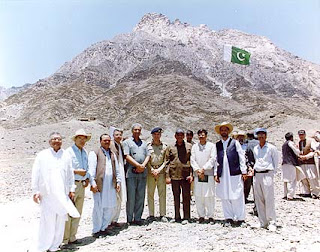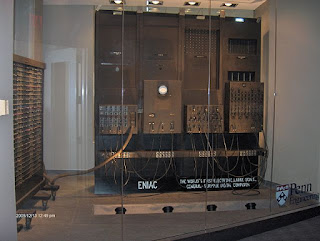About Dr.Abdul Qadeer Pakistani Hero
Abdul Qadeer Khan, (fifth left in gray suit, right of army officer), c., 1998.
Born 1 April 1936 (age 79)
Bhopal, Princely state of Bhopal, British India
(present-day India)
Residence Islamabad, Islamabad Capital Territory
Nationality Pakistani
Fields Metallurgical engineering
Institutions Urenco Group
Khan Research Laboratories
Physics Dynamic Laboratories
GIK Institute of Technology
Hamdard University
Gomal University
Alma mater Karachi University
Technical University Berlin
Catholic University of Leuven
Delft University of Technology
Doctoral advisor Martin J. Brabers[1]
Known for Atomic deterrence program
Ultracentrifuges development
Martensite and Morphology
Notable awards Hilal-i-Imtiaz (14 August 1989)
Nishan-e-Imtiaz (14 August 1996/23 March 1999)
Spouse Hendrina (Henny) Khan
Abdul Qadeer Khan,[note 1] NI, HI, FPAS i/ˌɑːbˈdʊl kɑːdɪər kɑːn/ (Urdu: ڈاکٹر عبد القدیر خان; b. 1 April 1936), and known widely as A. Q. Khan, is a Pakistani nuclear physicist and a metallurgical engineer, and the founder of the uranium enrichment program for Pakistan's atomic bomb project.[2] Khan founded and established the Kahuta Research Laboratories (KRL) in 1976, serving as both its senior scientist and Director-General until his retirement in 2001. Khan was also an early and vital figure in other Pakistani national science projects, making major contributions in research on molecular morphology, the physics of martensite alloys, condensed matter physics and materials physics.
In January 2004, Dr. Khan was summoned by the Pakistani government for a debriefing on his active role in proliferating nuclear weapons technology to other countries after the United States provided evidence of these activities to the Pakistan Government. Khan formally admitted his responsibility for the acitvities in question a month later.[3][4] It is alleged that Khan's activities were sanctioned by Pakistani authorities. The Pakistan government has sharply dismissed these claims.[5][6]
After years of official house arrest during and following his debriefing, the Islamabad High Court (IHC) on 6 February 2009 declared Abdul Qadeer Khan to be a free citizen of Pakistan, allowing him free movement inside the country. The verdict was rendered by Chief Justice Sardar Muhammad Aslam.[7] In September 2009, expressing concerns over the Islamabad High Court's decision to end all security restrictions on Khan, the United States warned that Khan still remains a "serious proliferation risk".[8]




Comments
Post a Comment